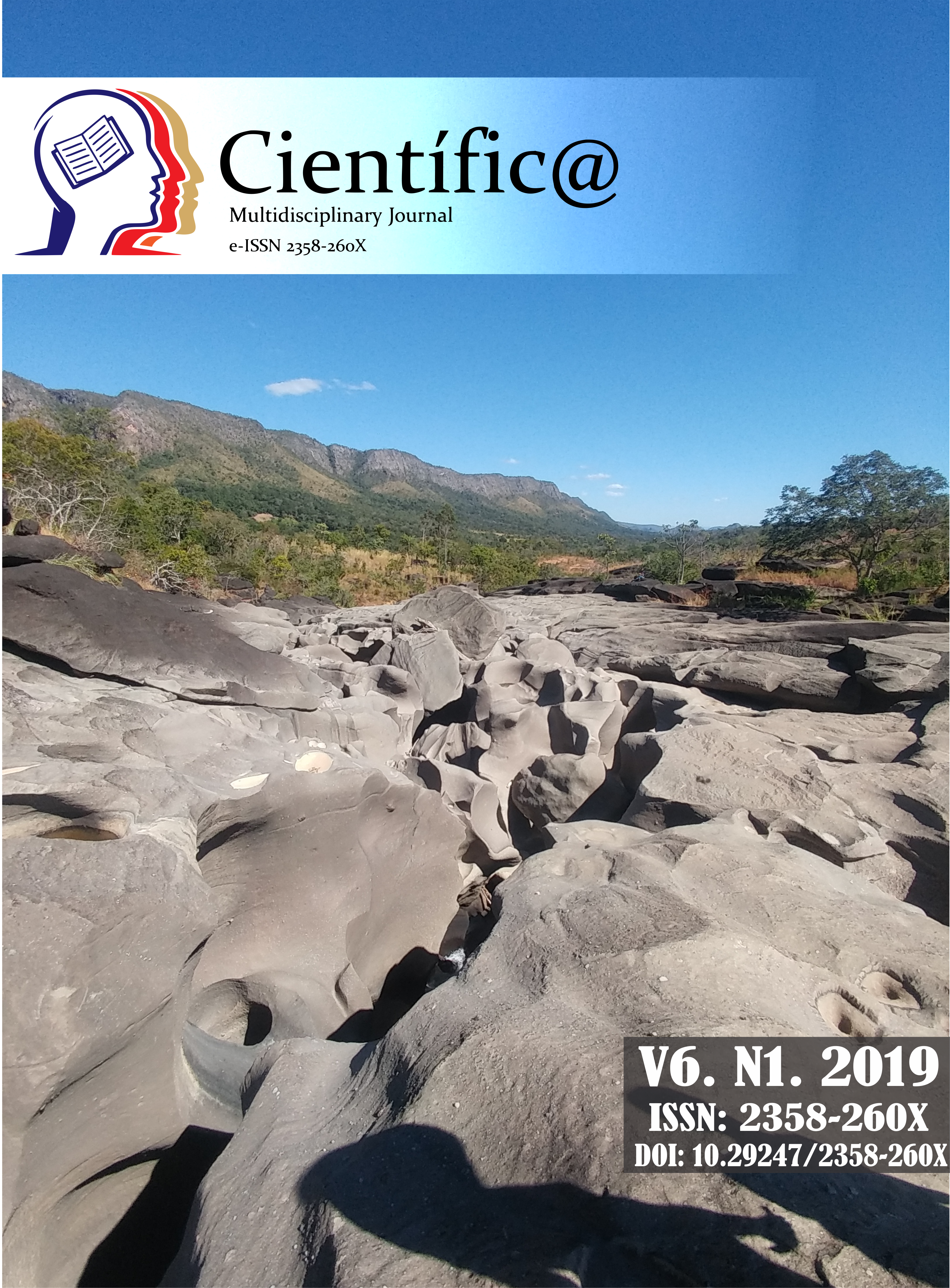INSTRUMENTOS INTERNACIONAIS DOS DIREITOS DOS POVOS INDÍGENAS: O DIREITO À CONSULTA PRÉVIA EFETIVA
DOI:
https://doi.org/10.29247/2358-260X.2019v6i1.p159-172Resumo
O objetivo do presente estudo é discorrer sobre os instrumentos de proteção internacional aos povos indígenas como forma de garantir a autonomia e a cultura destes povos. Apesar de não proporcionarem a proteção ideal, os tratados e convenções internacionais constituem a mais importante ferramenta para a preservação da cultura e dos direitos dos povos indígenas, portanto, devem ser considerados e respeitados pelos Estados nacionais e ao mesmo tempo aperfeiçoados em seu alcance e abrangência. Inicialmente, o artigo trata do encontro histórico entre os europeus e os nativos americanos e a percepção destes povos no imaginário europeu e na visão antropológica. Posteriormente, abordou-se o histórica da proteção dos povos indígenas e por fim a concepção de pluralismo jurídico e sua relação com o direito à consulta prévia. Para a realização do presente estudo, além da consulta aos arquivos oficiais das Nações Unidas e de outras instituições internacionais e interestatais disponíveis em bancos de dados eletrônicos, buscou-se fundamentar com autores renomados na área da antropologia como Darcy Ribeiro e Gilberto Freyre, bem como juristas como Miguel Reale. Espera-se com este artigo despertar conscientização sobre a necessidade de se efetivar os instrumentos internacionais de proteção aos povos indígenas e proporcionar esclarecimentos sobre o tema e assim alertar sobre a importância de se preservar a diversidade cultural e a autonomia dos povos indígenas que tanto foi prejudicada pelo processo de assimilação pelos invasores europeus.
Downloads
Publicado
Como Citar
Edição
Seção
Licença
Esta revista oferece acesso livre imediato ao seu conteúdo, seguindo o princípio de que disponibilizar gratuitamente o conhecimento científico ao público proporciona maior democratização mundial do conhecimento.
A partir da publicação realizada na revista os autores possuem copyright e direitos de publicação de seus artigos sem restrições.
A Revista Científic@ - Multidisciplinary Journal segue os preceitos legais da licença Creative Commons - Atribuição-NãoComercial 4.0 Internacional. 

